
Animal Farming Business
June 14, 2021, 2:52 pm
Do you know how much money is spent on meat consumption in Nigeria?
Animal Farming Business
The figures are still being collated for 2020 but let me share with you the figures for 2019 as collated by the National Bureau of Statistics.
It’s not just Nigerians that love meat…the size of the global meat market is estimated at over $1 trillion!
Despite this huge demand, animal or livestock farming is facing a lot of pressure from environmental activists because of its effect on the environment. Animal farming is one of the biggest contributors to world methane emissions.
Not only is methane 28 times more dangerous than carbon dioxide (emitted from cars, planes etc.) as a climate-changing greenhouse gas, methane emission rose by record amount last year!
Therein lies the dilemma: people can’t or won’t stop eating meat and ineffective animal farming techniques are causing problems for the climate.
Some people have tried to solve this dilemma by turning to lab-grown meat. In fact, demand for alternatives to regular, natural meat has skyrocketed in recent times due to consumer concerns about the animal or livestock farming impact on human health, animal welfare and climate.
As a result of these concerns, the global meat-substitute or alternative industry is now worth almost $21 billion but according to Barclays Bank, that could become $140 billion within the next 10 years.
The meat substitutes or alternatives available include both plant-based and lab-grown meat. Plant-based meat uses plant protein to manufacture meat-like products (tofu, seitan etc.) while lab-grown meat is actual animal protein but grown in bioreactors using cells taken from animals without killing the animals.
One advantage that lab-grown meat has over plant-based meat is that it’s “real” meat.
Let me explain...
Lab-grown meat is produced by taking tissue from an animal. Stem cells are extracted from the tissue and are placed on scaffolds. Plant-based serum is added to it as a growth medium. The stem cells are then grown into muscle fibers inside a bioreactor. The resulting fibers are processed and mixed with other ingredients to create minced meat. The lab-grown or cultured meat is then ready to be consumed.
According to studies, lab-grown meat produces a minimum of 70% lower greenhouse gas emissions, has 99% lower land use and a minimum of 80% lower water use than meat produced from animal farming. Also, lab-grown meat is free from artificial growth hormones and genetic modification both of which are used by many animal farming businesses to increase livestock yields.
However, based on research cited by Bloomberg, lab-grown meat costs between $400 to $2000 per kilogram which is more expensive than regular, natural meat from animal farming.
Despite all the advantages or benefits of lab-grown meat, I must confess that I don’t trust it. Especially with new evidence coming out that the covid-19 virus was actually developed in Chinese labs with funding from the US government, I won’t be eating any meat grown in labs for a long time!
I am not the only one who doesn’t trust lab-grown meat. In fact, it is one of the issues lab-grown meat companies are facing. Consumers are simply not accepting lab-grown meat due to trust, perception and even taste. Nothing lab-grown can be as delicious as natural meat.
It’s going to take a very long time for lab-grown meat to replace natural meat and despite its many advantages, reliable forecasts don’t see it taking more than a 10% share of the global meat market.
All these data show that natural meat produced from animal or livestock farming business is still the best to start or invest in.
That being said, animal farming has to be improved in order to reduce the damaging effects it is having on our climate. These damaging effects produced from animal farming are majorly due to ineffective animal farming practices.
However, by using effective animal farming practices, natural and delicious meat can still be produced without destroying the environment.
So, if you love natural meat, want to be a part of supplying meat demand but you want to do so in a manner that doesn’t damage the environment, then you should subscribe to watch and learn from our animal farming business video trainings.
With our over 25 years combined experience in the animal farming business, we have video training on effective animal farming business practices for starting and growing a successful and profitable animal farming business.
Subscribe and start learning today!

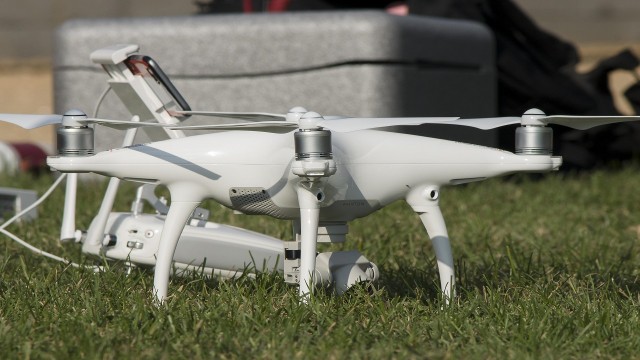
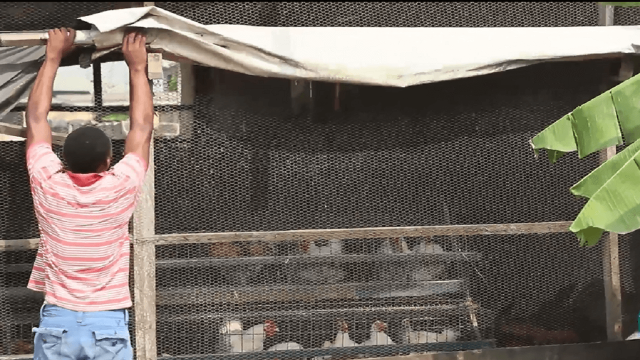
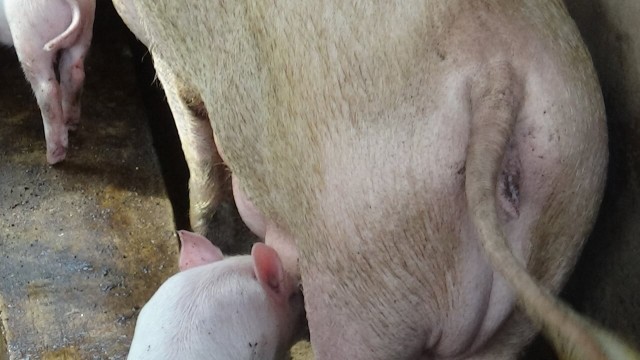




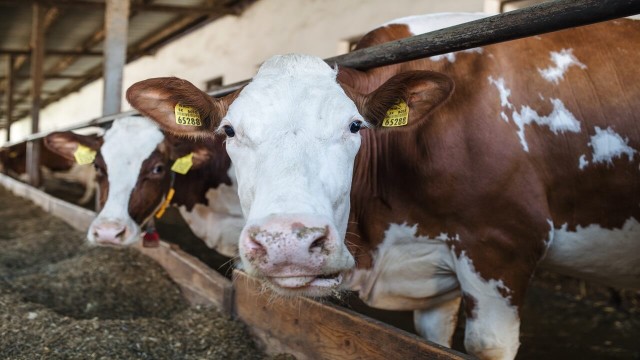
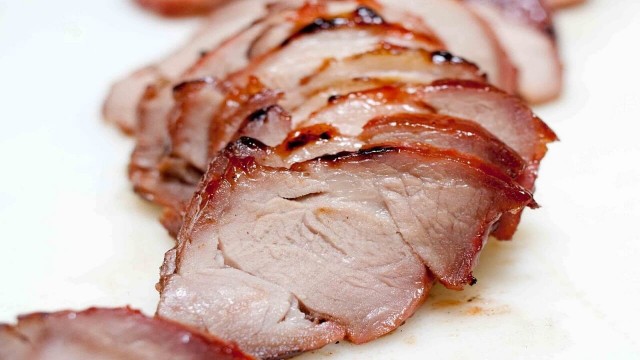
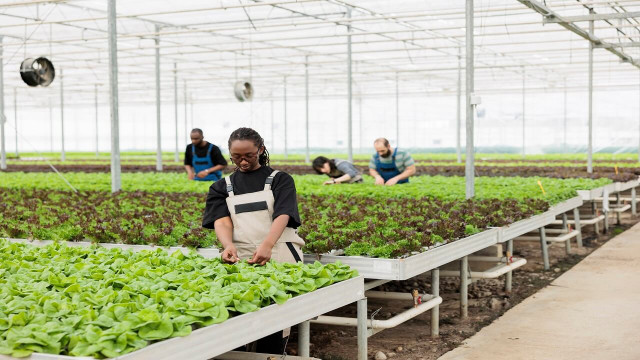

Share This Article: